Marine Science
Stressed corals set up progeny for a better life
First evidence that animal DNA methylation patterns can be passed to the next generation.
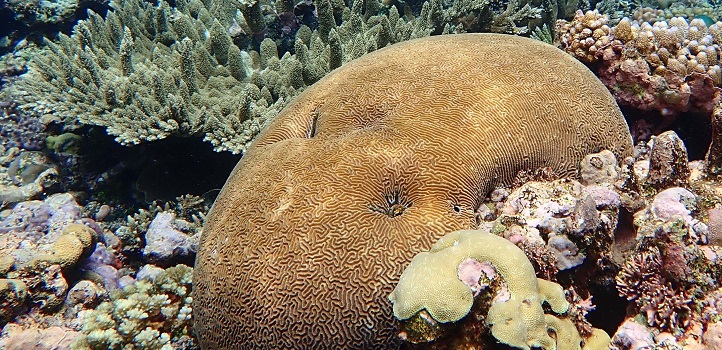
Changes in DNA methylation patterns during a coral’s lifetime can be passed down to their progeny. KAUST researchers believe they have found the first evidence of this change, and they suggest that the finding could help develop new strategies for coral conservation.
DNA methylation is the reversible attachment of a methyl group to a cytosine, one of the four nitrogenous bases that form the building blocks of our genomes. It is an epigenetic change that modifies how a gene is used.
“In mammals, DNA methylation patterns are reset across generations, except in rare exceptions,” says postdoc Yi Jin Liew. “In plants, however, they are mostly inherited across generations.”
Previous research led by KAUST marine scientist Manuel Aranda had shown that chronically stressed corals develop changes in their epigenetic patterns. “We were curious to find out if corals, like plants, could pass epigenetic information to the next generation,” says Liew. “From a biological perspective, this would shatter the common assumption that epigenetic patterns are reset across generations in all animals.”
Together with scientists from New York University Abu Dhabi, KAUST researchers analyzed the genomes of adult brain corals (Platygyra daedalea), their sperm and larvae that had been collected from reef sites in Abu Dhabi in the southern Arabian Gulf and from Fujairah in the Sea of Oman. The Abu Dhabi corals had been exposed to extreme temperatures and salinity, while the Fujairah ones lived in more moderate conditions.
“Our initial results were startling,” says Liew.
The analyses showed that the DNA methylation patterns were most similar between sperm and their parent coral. “We think this is the first solid proof for intergenerational transfer of whole-genome DNA methylation patterns in an animal,” Liew says.
The team found clear differences in the methylation patterns between the Abu Dhabi and Fujairah corals. They also found that DNA methylation patterns are passed equally from parent to progeny through the egg and sperm.
Further investigations confirmed that inheritance of the DNA methylation patterns was mostly independent from genetic inheritance, meaning that they are probably a response to the different environments in which these corals exist. This was supported by heat stress experiments on larvae from these colonies, which showed that the methylation status of certain genes correlated strongly with their chances of survival.
Coral colonies from the much hotter Arabian Gulf also had hypermethylated genes involved in stress responses, potentially allowing them to cope with their harsh environment.
“Inheritance of these novel epigenetic states could serve as a nongenetic breeding strategy to potentially increase resilience to climate change,” says Aranda. “Long-term cultivation of corals under elevated temperatures could allow us to breed fitter coral larvae that get a head start in globally rising temperatures.”
Aranda says further investigations are needed to verify that environmentally induced epigenetic patterns can be maintained across more than one generation and that these inherited changes could provide a survival advantage for corals and their offspring.
References
- Liew, Y.J., Howells, E.J., Wang, X., Michell, C.T., Burt, J.A., Idaghdour, Y. & Aranda, M. Intergenerational epigenetic inheritance in reef-building corals. Nature Climate Change 10, 254–259 (2020).| article
You might also like
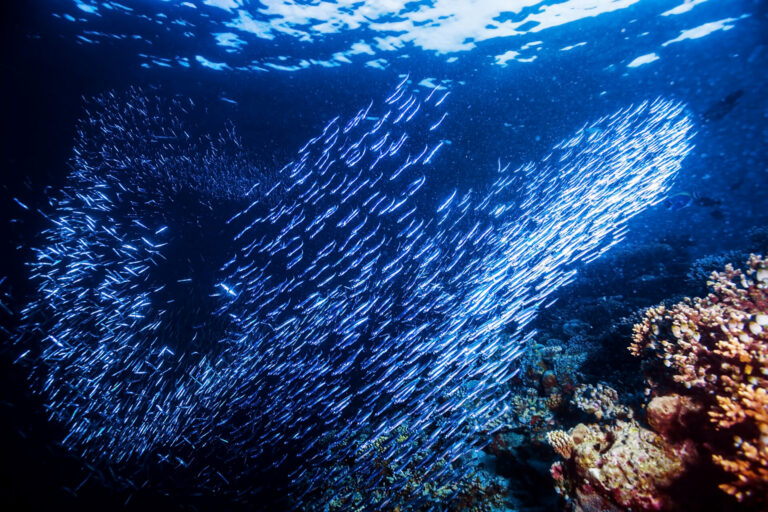
Marine Science
Potential gains from replenishing reef fish stocks revealed
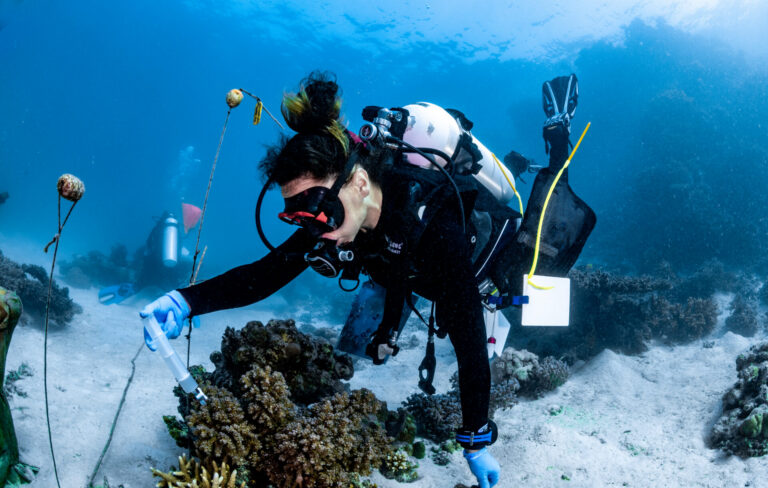
Marine Science
A place to trial hope for global reef restoration
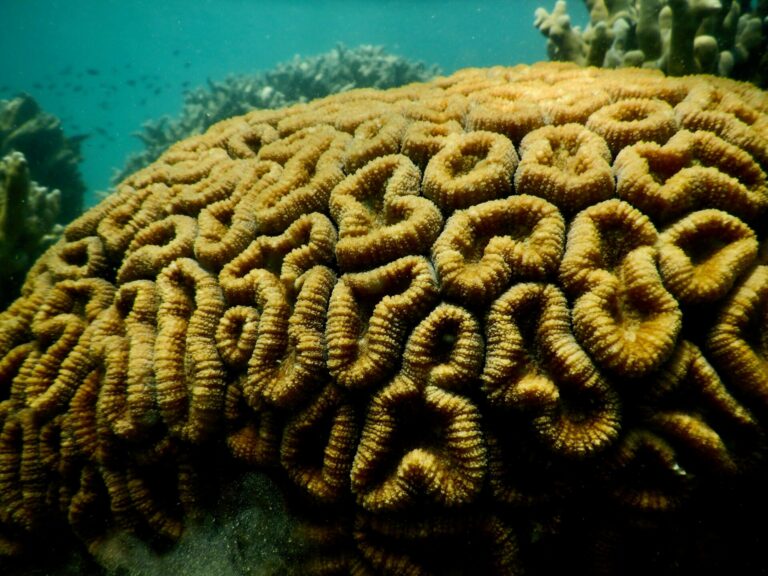
Marine Science
Reef-building coral shows signs of enhanced heat tolerance
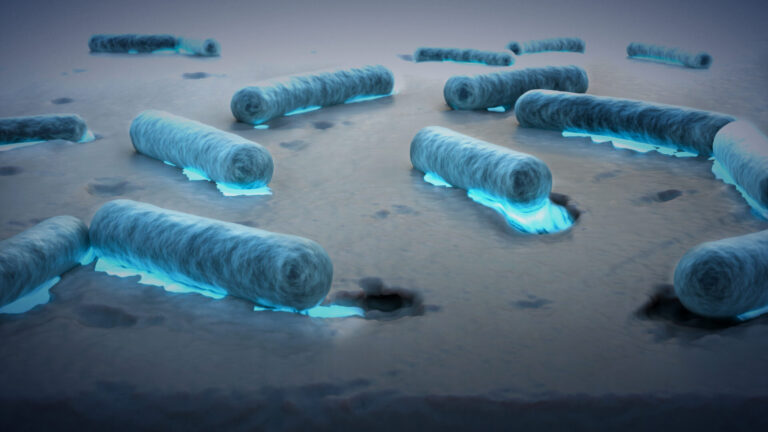
Marine Science
Plastic-munching bacteria found across the seven seas
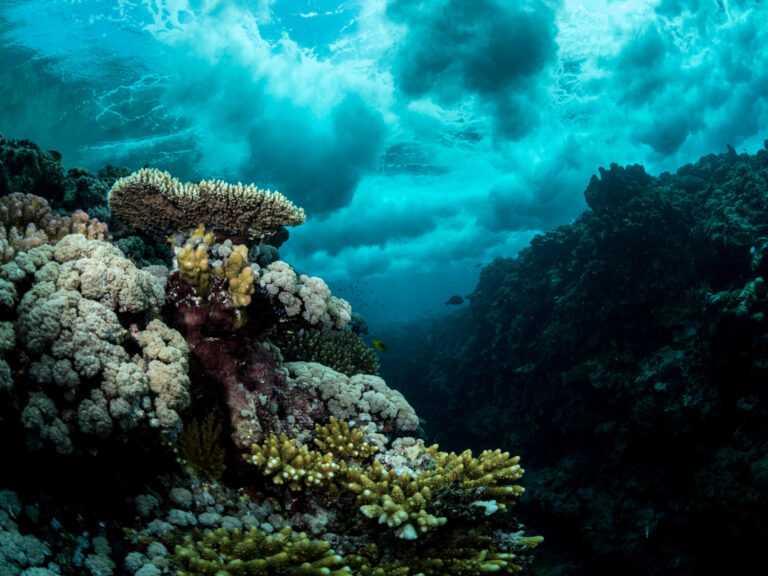
Marine Science
AI reveals the universal beauty of coral reef growth
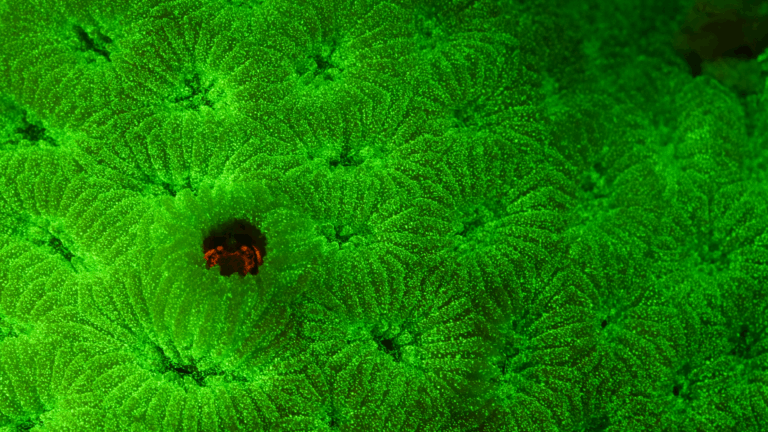
Marine Science
Tiny crabs glow to stay hidden
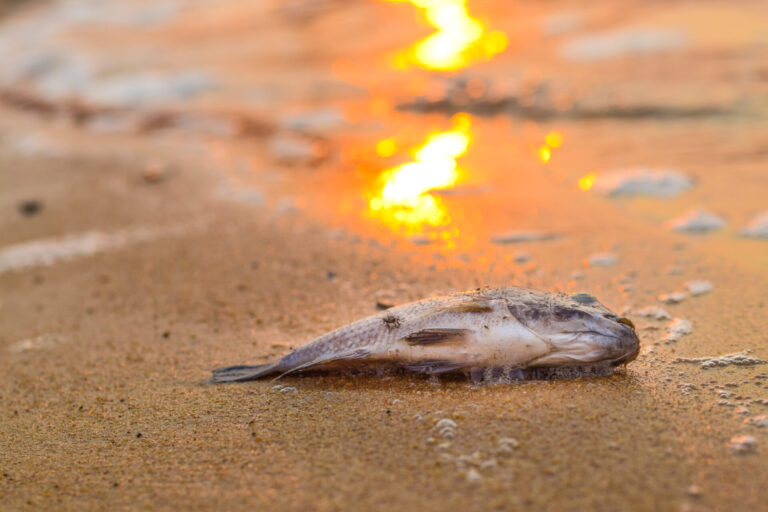
Marine Science
Mass fish deaths linked to extreme marine heatwave in Red Sea
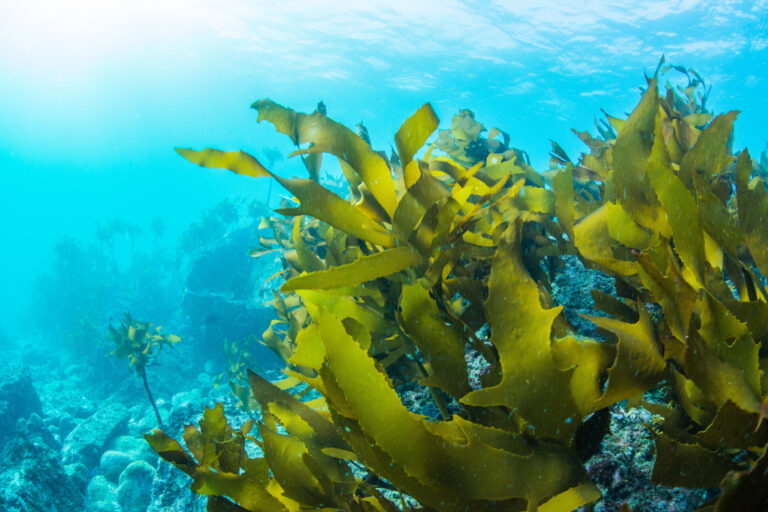
Marine Science




